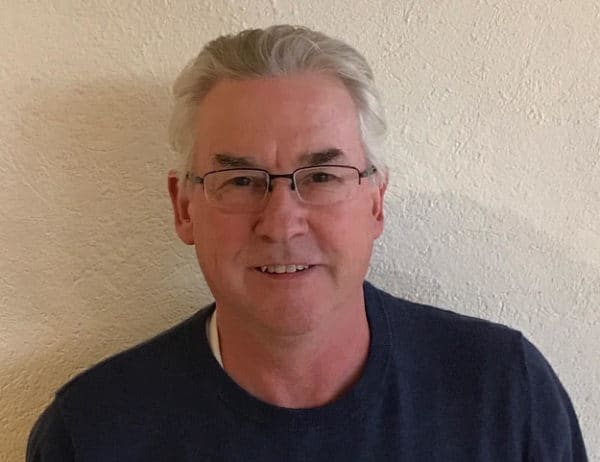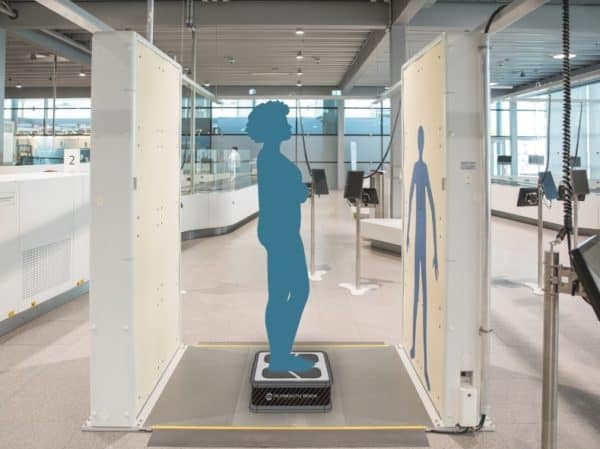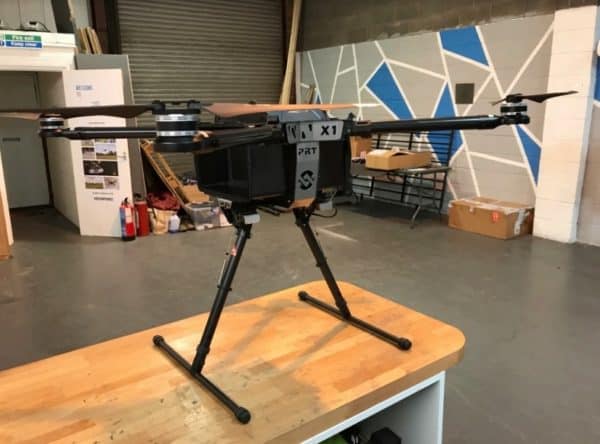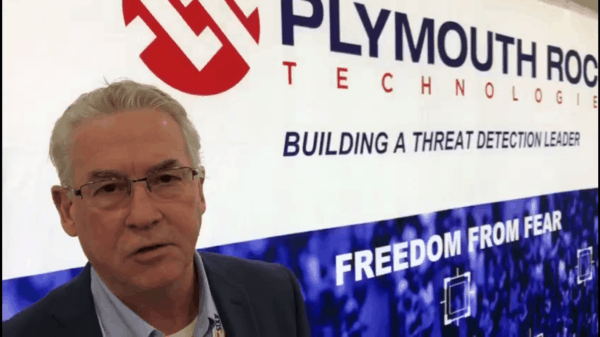Cantech Letter interviews Plymouth Rock Technologies CEO Dana Wheeler


Everyone loves to complain about airport security.
The lines are too long. They are asking me to do the same thing twice. Why do I have to remove my shoes and belt?
But has security, excepting the occasional body scan, really changed that much? In fact, it hasn’t, while nefarious plots to foil it across the globe have almost certainly grown more sophisticated and wide-ranging.
Those are the things that worry the management of Plymouth Rock Technologies (Plymouth Rock Technologies Stock Quote, Chart News CSE:PRT), a new company comprised of security experts that are working on truly next-generation security solutions for public venues.
Cantech Letter talked to Plymouth Rock CEO Dana Wheeler about the Boston Marathon bombing, the U.S. Department of Homeland Security, and why you soon may be able to keep your shoes on at airports.
Dana, can you tell us how Plymouth Rock Technologies came together?
As a team we’ve worked on many security, aerospace and government projects together. It was clear that we had some new ideas and compelling technology and IP between us, and willing organizations wanting to partner with the right team to make those ideas viable. We understood the balance of who that core team needed to be. In 2016 Carl Cagliarini, a co-founder and VP Business Development and I took the step of aligning the required elements to allow the team to come together.
The name Plymouth Rock Technologies is also an important element. In 1620 people took the first step into the new world. After extensive research and development, in 2020 Plymouth Rock Technologies will be introducing a new pipeline of operational security and threat detection products and services. We want to make the world safe again
What are the issues with current security screening techniques?
With the exception of millimeter wave body scanners, the screening process at airports has not changed very much in since the early 1970’s. The long waiting lines still exist, the concept of operations, while much tighter since 9/11 is the exactly the same. However, since 9/11 the techniques and venue for severe terrorism seems to no longer be aimed at the flights that leave airports, but the airports and public areas themselves.
Tell us why Plymouth Rock has a better solution…
In 2014, in live TV demonstrations and also independent trials with the US Army and US Secret Service our team proved that we could determine if a person was concealing an assault rifle at 40 feet and suicide vests out to 80 feet. This technology was suitable for indoor or outdoor use. We proved a concept which was a hybrid CCTV / Radar device with a 12 foot range. It was ideal for embassies, checkpoints or above doors at an airport or public venue like an arena or stadium.
Fast forward to 2019, we are now solving one of the biggest detection issues airport security has faced, the ability to screen shoes without the wearer taking them off at the checkpoint. But we have not stopped there. We have other technologies that will also be detecting terror suspects and shooters not only in open spaces, but also from the air.

Let’s take a real-world example of a security threat. How would your technologies have changed the events of April 15, 2013, when two homemade pressure cooker bombs detonated at the Boston Marathon?
Our team proved in 2014 that we could detect bombs at 80 feet with a portable detector. We have a new airborne threat detection platform in late stages of research and development. We believe that this capability will not only assist law enforcement, border patrol and fire rescue, but through use of multiple sensors be able to detect suicide bombers and also roadside IED devices.
Is there a typical client for your company?
Yes, there are many opportunities with large government prime contractors, law enforcement agencies, customs and border protection and in fire and rescue. We were approached last year for example by Harris L-3, and they wish to explore licensing and retrofitting our shoe scanner technology into the base of their Pro-Vision ATD screening system for airports worldwide. We were also approached by a rather large west coast aviation company that wish to discuss our MiRIAD UAS technologies. These are just two examples of potential customers who could use our products within a multi-billion sector.
How large is the addressable market for your solutions?
Globally Airports, Law Enforcement, Military, Correctional Facilities, Customs and Border, Secret Service to name a few with a massive market size in the hundreds of millions.

Can you tell us about your recent strategic alliance with the Manchester Metropolitan University in Manchester, UK. What do you hope will come of that?
We have many years of synergy with Manchester (MMU) dating back to 2010. Since that time almost the entire sensing and imaging team from Manchester has joined Plymouth Rock Technologies. In addition to this we are in advanced discussions to partner with both the University (MMU) and Siemens in regard to cloud AI and sensory software technologies that will keep our technologies one step ahead of both bad actors and the competition. There are other technologies in the pipeline but due to contractual obligations and the technology concerned being tied to UK Government we cannot divulge any further.
The United States Department of Homeland Security Science and Technology Directorate (S&T) has prioritized the mission of bringing shoe scanner technology to security checkpoints. What does this mean for Plymouth Rock?
The S&T directorate are 100% harmonized with the exact millimeter-wave technology being utilized by PRT for this task. We know most of the major equipment manufacturers in the aviation security sector and expect to commercialize our products in 2020.
How are you paid? Is there a recurring revenue element?
We are currently looking at both capital purchase options via the US GSA (Government Services Administration), and at Government lease options. All of the products from Plymouth Rock Technologies will have a machine learning and a software update requirement. This will most certainly be tied into a recurring revenue and maintenance model.
What do you hope to accomplish in the next twelve months?
Shareholder Value. We will accomplish this by getting the physical equipment to a stage where we can start generating sales revenues, and also garner sufficient interest to bring in non-dilutive funding from both Government and Offset programs.
We will also be ensuring that the Plymouth Rock Technologies brand receives high end media exposure that is in line with quality of our products. In recent years our team members, recognized as subject matter experts, have given interviews and demonstrations on BBC, CNN and been quoted in high quality publication media. We believe that several of the breakthroughs we have achieved this year alone will certainly receive a great deal of attention.
Nick Waddell
Founder of Cantech Letter
Cantech Letter founder and editor Nick Waddell has lived in five Canadian provinces and is proud of his country's often overlooked contributions to the world of science and technology. Waddell takes a regular shift on the Canadian media circuit, making appearances on CTV, CBC and BNN, and contributing to publications such as Canadian Business and Business Insider.

